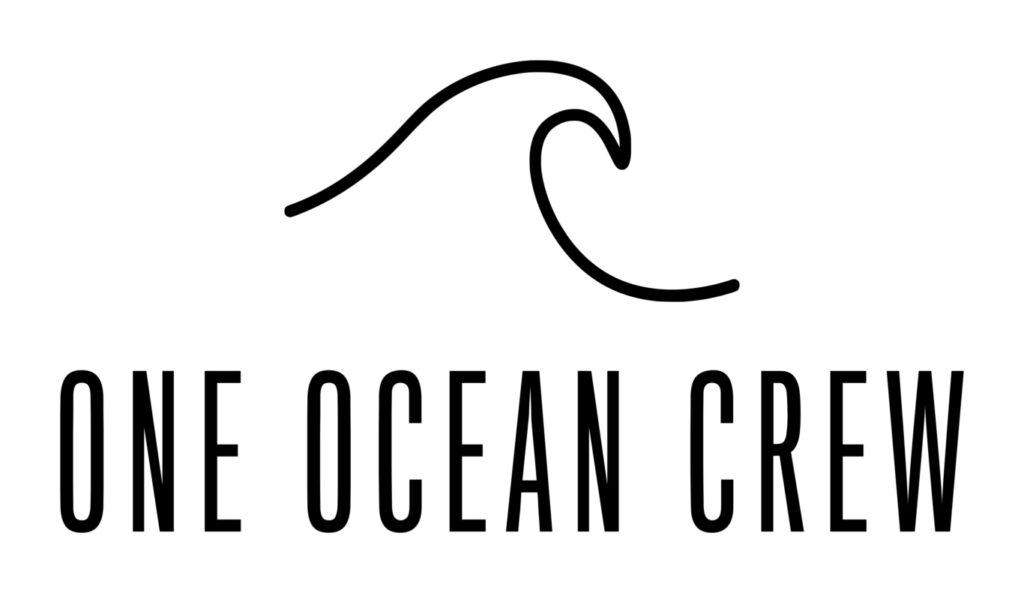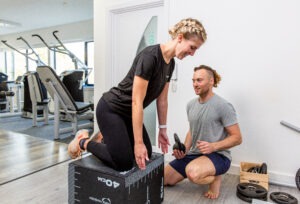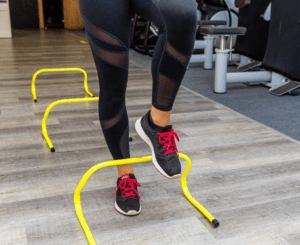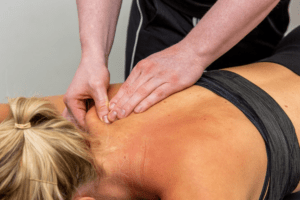tops:health were really proud to be the initial sponsor for One Ocean Crew and we got to speak to Jen Cullom today about it all.
Jen, can you tell us more about the race?
We are 4 women taking on the Talisker Whisky Atlantic Challenge in December 2021. It is a 3000 mile ocean rowing race from La Gomera to Antigua, racing 35 other teams. We will be completely self–sufficient in navigation, ocean communications, boat repairs – all of which are skills we need to learn to ensure we have a successful crossing. And of course, we are self-powered so we will row in pairs 2 hours on, 2 hours off, 24 hours a day! The crossing can take anywhere from 32 days at the world record, to 76 days!
It is a massive challenge and in fact more people attempted to summit Everest last year alone, than have rowed any ocean.
And who is in the One Ocean Crew?
The One Ocean Crew as is made up of Emily Woodason, a landscape architect from London, Janette Potgieter, a corporate investigator from South Africa, Erin Bastian, a kayak coach and wilderness guide from Cornwall, and myself, Jen Cullom, a physio for GB and England hockey from Oxford.
Our goal is to be the fastest female crew to make the crossing.
That’s a long way! How will you train for that?
The training for an endurance challenge like this is multifaceted. There is a huge physical component to this challenge, so we are working on building different strength aspects to improve our power output as well as reduce the risk of injury. We are also building our endurance fitness base, with a combination of sessions on the rowing machine, running and cycling. We are building up to doing regular 2-3hour sessions on the rowing machine. When we get our boat in early 2021, we will be spending long periods of time on the boat training on the ocean too.
A huge part of this race relies on being mentally resilient and working together as a team. Being able to grind out the miles while you’re sleep deprived and hungry, or stay focused to push on in storms, or if our equipment fails (it happens a fair amount in the middle of the ocean!) makes all the difference. For us, spending time together having fun, training, as well as putting ourselves in testing scenarios before we race is just as important as the physical training. We want to know exactly how each other are motivated and how we work together in stressful situations, so we are fully prepared at sea.
There is also a huge amount of skills training we need. We have been on a number of courses to learn navigation skills, sea survival, first aid at sea, VFH radio skills – all of which we have to pass before we are allowed to race!
And where do you sleep?
There are two small cabins at each end of the rowing deck, roughly the size of a small single bed that you can crawl into. The cabins contain all of our essential navigation and communications equipment as well as being where we sleep. It is cramped, humid and the sleeping area is simply a thin plastic covered mattress! In the event that there are bad storms, we will have to squeeze 2 people in each cabin and wait for the storm to pass. We’re hoping we don’t have to do that! There is no bathroom on board so we wash with a bucket on deck, and the other bucket on deck is our toilet! We will certainly know each other very well by the end of this! For food, we will have dehydrated ration packs and high calorie snacks with a jet boil to heat them up.
Training for endurance sports brings the risk of injury – how are you managing this?
There is a large individualised strength component to our training which is essential for reducing the risk of injury. We are not all rowers, in fact I am the only one who has rowed before. The rest of the team were taking learn to row courses before lockdown started and we are holding regular technique sessions on the rowing machines over zoom. Getting a good technique is also essential for managing injury risk. We also do regular stretching and mobility sessions to keep our bodies moving well and are gradually increasing the volume of rowing we are doing so our bodies have time to adapt – rowing is a very demanding sport on the body!
What are your next steps in your preparation?
We are looking to secure sponsorship to buy our ocean rowing boat! After the race, we will sell the boat and donate the money to our chosen charity, the Sea Ranger Service. We are aiming to raise £50,000 for the Sea Ranger Service. The unique approach which the Sea Ranger Service has developed creatively combines services in youth engagement, shipbuilding, offshore services and environmental conservation to tackle youth unemployment, create modern seafaring jobs and regenerate marine biodiversity on a global scale. We love the Sea Ranger Service because it puts supporting people at the heart of ocean protection.
tops:health was our very first sponsor. We are so grateful to them and all our sponsors for believing in us and supporting us to get the campaign started. We are looking to partner with other local businesses to join our campaign and support the Sea Ranger Service. We are running a big race campaign on social media and you can get involved, ask us questions and follow us.
If you would like to find our more about this fantastic event then please click here



